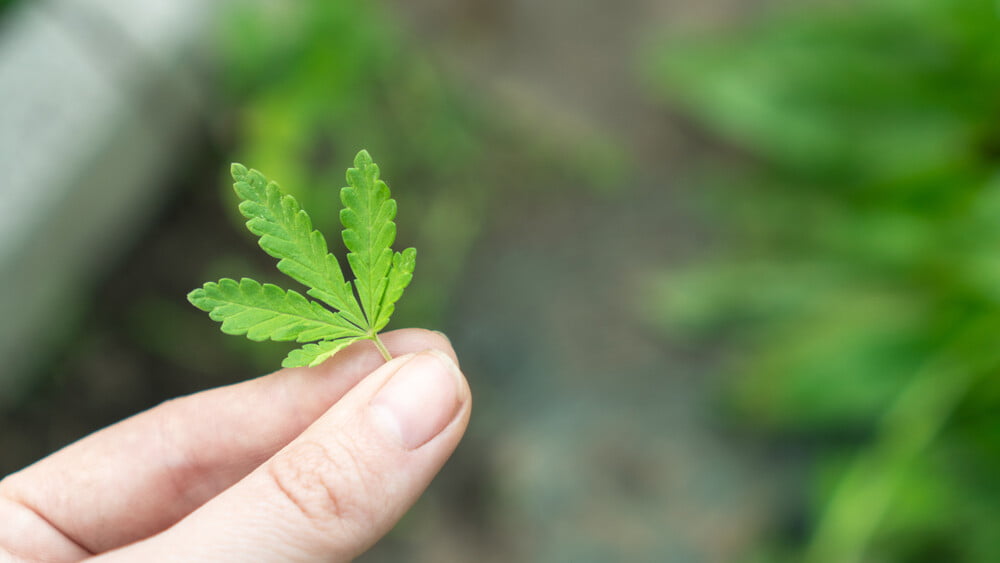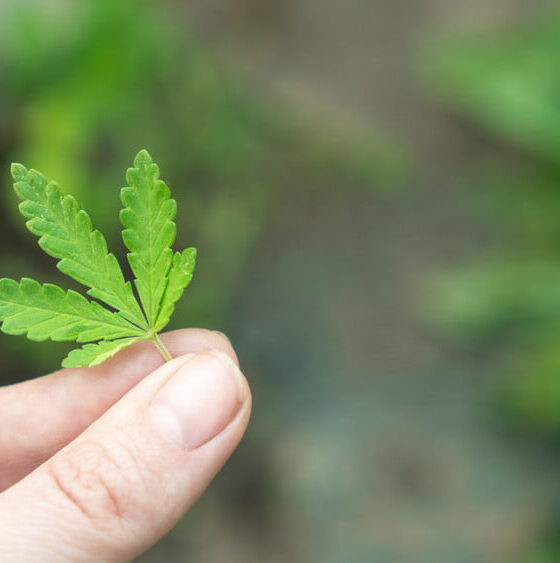

Features
5 Great Ways to be a More Environmentally-Friendly Cannabis User
We are in the midst of a cannabis revolution in many places around the world, with new and pending legislation on the table that will make recreational cannabis-use safe, legal and 100% enjoyable. The number of cannabis strain options and the methods of smoking and enjoying this beloved plant have also increased astronomically in the last couple of decades. All of this is good news for cannabis lovers, but it comes with some important environmental sustainability considerations.
Below are 5 ways to be a more eco-friendly cannabis user.
Grow in a Greenhouse
This is a tall order for many people, especially those living in urban areas with little to no available space for such projects, but it really is the way to go if the objective is environmental sustainability. Outdoor growing is unrealistic for most people living outside rural areas, and indoor growing can be highly energy-intensive, depending on your setup and the number of plants.
Keeping a greenhouse, if you are able to, is the most sustainable way of growing. There are delicious new strains hitting the market all the time which do very well in greenhouse settings that allow you to control the variables and produce great-looking and feeling cannabis.
Clean Your Glass Paraphernalia with Green Cleaning Products
Using a bong or pipe is the preferred method of enjoying cannabis for many connoisseurs, but the cleaning requirements can be a hassle, depending on use. Cleaning the bong likely isn’t what most people would consider fun, but it is necessary, and can certainly be done in ways that make you feel good about it. This can be a good way to help make your cannabis habit healthier and eco-friendlier at the same time.
Many off-the-shelf cleaning products (in general), and this extends to those made specifically for cleaning pipes, bongs and other smoking paraphernalia, are made with harmful synthetics which are hazardous not only to users, but quite literally downstream as well. Look for products featuring labels that indicate biodegradability or other eco-friendly icons. PBW, which is a popular powder used for cleaning brewery equipment, is eco-friendly and greatly reduces the biochemical oxygen demands on waste-water.
Recycle Your Batteries
The number of different smoking options, from pipes and bongs to hand-held vapes, have made smoking cannabis much more enjoyable and varied, as well as easier on the lungs. The variety in most large urban cannabis retailers and smoke shops is overwhelming, with high-quality local and artisanal products from wall to wall. One of the downsides is that many of these new devices require batteries which must then be disposed of.
We are in the midst of an impending e-waste crisis. Landfills around the world are increasingly taking in the relics and remnants of our digital lives, which now includes our cannabis consumption byproducts like batteries. You can instantly improve your sustainability and eco-footprint as a smoker by being more conscientious about your battery recycling and disposal. Do some research on recycling and disposal facilities in your area and keep in mind that every battery thrown in the garbage will take many thousands of years to decompose in a landfill.
Purchase Biodegradable Filters
If you are a fan of rolling blunts and spliffs, you likely are including a filter at the tip to make smoking easier and more enjoyable. Bear in mind that many of these filters are not made with environmentally-friendly or biodegradable products. There are, however, a growing number of paper and filter companies out there which are realizing that they have a role to play in cannabis user sustainability and offering these filters to smokers.
An additional recommendation in this vein is to make sure you are disposing of roaches and filters in trash cans and designated receptacles. Many people are under the false assumption that because a roach (filtered or otherwise) contains an organic plant product that it can be discarded haphazardly anywhere and will simply return to the earth. While hemp plants and products in their pure form are certainly all-natural, the production process for many modern strains involves a large number of chemicals, including fertilizers and pesticides.
Make Greener Purchasing Decisions
As is the case in most markets, consumers, in large part, tend to drive sustainability efforts. If you, as a consumer, want to see better sustainability practices at the companies you buy from, let your wallet do the talking. In the world of retail cannabis, this means doing your due diligence on a dispensary or grower before committing to buying their products.
The greenest thing a grower can do is to grow in a greenhouse setting, rather than indoor, avoiding all of the energy-consumption needs that process entails. Another factor in an operation’s environmental footprint is the number of pesticides and fertilizers they use. Often it is easier to just douse plants in chemicals in order to eliminate some of the more difficult and costly monitoring work that goes into growing. Most companies with an environmental conscience will have a CSR section on their website, or perhaps already have garnered positive press, for their sustainability efforts.
Conclusion
Most of the world still lags behind the handful of jurisdictions where cannabis is now legal for recreational use. For those of us who are able to enjoy cannabis in peace and safety, legalization has been a long time coming and a major blessing. Being a cannabis user, however, like any consumer demographic, means taking responsibility for your consumption decisions. With respect to cannabis, this means how you grow your own personal crops, how you clean your paraphernalia, what you do with the byproducts, and ultimately, where you choose to spend your money.


 Environment12 months ago
Environment12 months agoAre Polymer Banknotes: an Eco-Friendly Trend or a Groundswell?

 Features11 months ago
Features11 months agoEco-Friendly Cryptocurrencies: Sustainable Investment Choices

 Features12 months ago
Features12 months agoEco-Friendly Crypto Traders Must Find the Right Exchange

 Energy11 months ago
Energy11 months agoThe Growing Role of Solar Panels in Ireland’s Energy Future




















